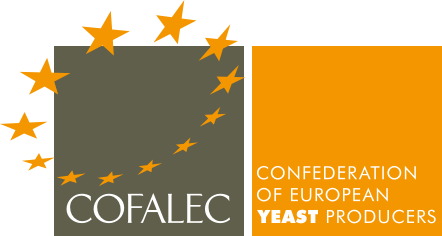Scientists are exploring how yeast could deliver vaccines more effectively by taking advantage of its natural ability to stimulate the immune system and be tailored to meet specific needs. They developed a new method to enhance immune responses by refining how yeast produces subunit vaccine components. Subunit vaccines are genome-free, consisting of viral proteins that give immunoprotection without the need for viral genetic material.
A specially designed yeast strain was created to display vaccine material in two ways, leading to a stronger reaction in the body. In tests on mice, this new yeast-based vaccine produced a much better immune response compared to older yeast-based vaccines.
This research could make vaccine production more affordable and widely accessible. While initially focused on COVID-19, the approach could be adapted for other diseases, showing yeast’s potential in vaccine development in the field of health.
